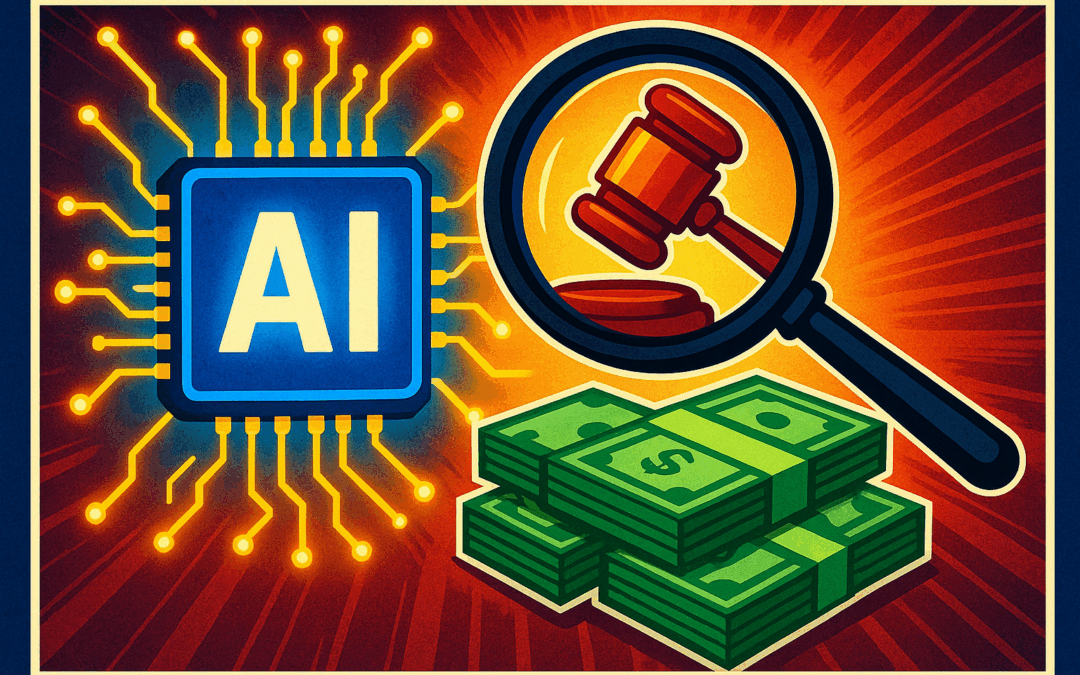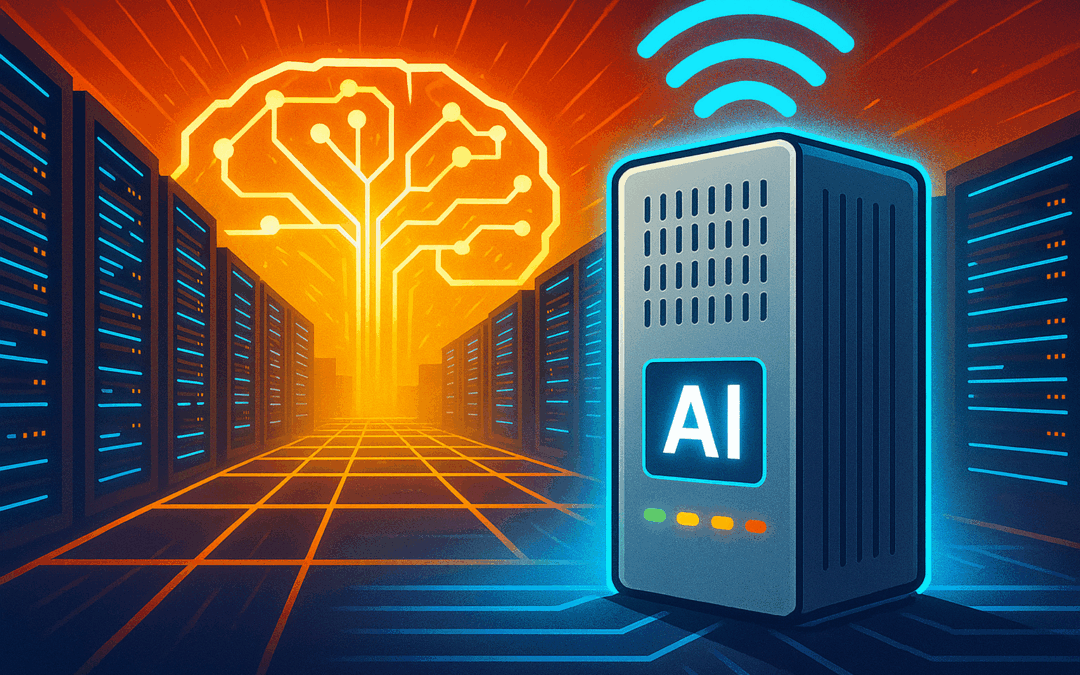Generative AI is accelerating content creation in ways previously unimaginable, but the line between innovation and ethical responsibility keeps blurring.
Recent news underscores concerns around deepfake technology, especially as AI models enable increasingly convincing digital resurrections of the deceased.
From legal gray areas to the moral compass of startups and developers, the ramifications ripple across the AI ecosystem.
Key Takeaways
- Current U.S. libel laws do not protect the reputations of the deceased, complicating AI-driven deepfakes of public figures or private individuals.
- Generative AI tools make it easier than ever to create realistic deepfakes, highlighting a need for new legal and ethical frameworks.
- Developers, startups, and AI professionals face mounting pressure to implement safeguards against misuse, or risk eroding public trust.
- Regulatory responses are trailing the pace of technological advancement, placing greater emphasis on self-governance in the AI sector.
“The law may not forbid AI models from digitally resurrecting the dead, but the ethical burden falls squarely on creators and companies deploying generative technology.”
AI Deepfakes and the Law: Where Regulations Fall Short
Legal experts confirm that U.S. libel laws do not extend protections to deceased individuals.
This loophole allows AI-generated deepfakes—whether videos, voice clones, or even photorealistic avatars—to use the likeness of those who can no longer defend their reputations.
TechCrunch details how “you can’t libel the dead,” but widely shared examples, such as unauthorized celebrity voiceovers or virtual performances, spark controversy about the intent and impact of such content (Ars Technica).
Legal lag creates a vacuum where AI creators, faced with minimal restrictions, must decide how to wield their growing technological powers.
Cases like unauthorized AI-powered voice cloning in political campaigns (as reported by Wired) illustrate not only the legal ambiguity but also the reputational risks facing the tech community.
The Ethical and Practical Implications for the AI Industry
As generative AI evolves, startups and developers must navigate a shifting landscape of risks and responsibilities.
The technology’s dual-use potential—enabling both creative applications and malicious fakes—amplifies the need for robust content moderation, user verification, and transparency protocols.
“AI professionals can shape public trust by voluntarily setting clear boundaries, like refusing to produce content that impersonates the deceased without consent.”
- For Developers: Design AI tooling with built-in detection mechanisms and opt-in policies for potentially sensitive content, including biometric or voice-based authentication.
- For Startups: Prioritize ethics by instituting review committees and offering transparency in customer use cases, especially when leveraging generative models for creative or entertainment applications.
- For AI Professionals: Advocate for industry-wide best practices and participate in conversations with regulators to inform policy that balances innovation with dignity.
Startups that ignore these considerations risk reputational damage and potential backlash, as seen in past controversies over deepfake misuse.
What’s Next? Toward Responsible AI Deployment
Regulation will eventually catch up, but the near-term landscape rewards those who set the standard for responsible AI.
Regulatory proposals already circulate globally, including the EU’s AI Act and various state-level bills in the U.S. However, it’s still up to sector leaders to define acceptable uses and technical safeguards for generative AI.
“The future of generative AI hinges on balancing creative freedom with ethical guardrails—those who act early will shape the norms for years ahead.”
In summary, the latest advances in deepfake technology have exposed the gap between law, ethics, and technical capabilities.
As AI models continue to grow more powerful, the onus increasingly lies with developers, startups, and seasoned AI professionals to champion accountability and sustain public confidence in AI innovation.
Source: TechCrunch











